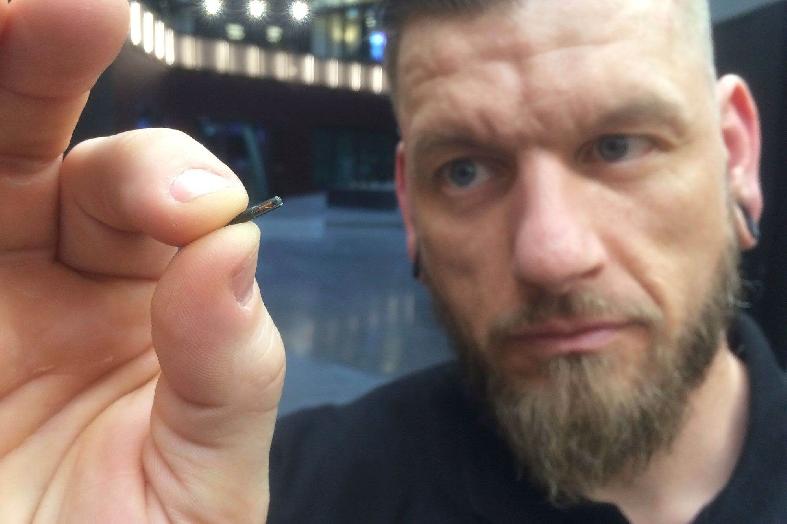
These UK Companies Want to Implant Their Employees with Microchips
Are You Hiring?
Find candidates in 72 Hours with 5+ million talents in Maukerja Malaysia & Ricebowl using Instant Job Ads.
HIRE NOW
Would you implant a microchip under your employee’s skin? It’s a scenario that could soon be faced by thousands of UK employees after two firms said they were in talks with British companies about using the technology.
UK-based company BioTeq told the company that it had already fitted 150 implants in the country. While most of these were for individuals, some financial and engineering firms have had the chips implanted in their employees as a way of improving security.
The chips are implanted in the skin between the thumb and forefinger. Using RFID and NCF, these chips perform tasks such as opening certain doors and starting cars.

These chips can be used to store medical data and be accessed if the person was involved in an accident.
Swedish firm Biohax is also in talks with a number of UK legal and financial firms who want to offer the implants to employees. One of these is said to be a major financial services with thousands of employees.
Biohax founder Jowan Österlund said “These companies have sensitive documents they are dealing with. The chips would allow them to set restrictions for whoever.”
Biohax’s chips cost £150 (RM825) each and are as small as a grain of rice. Österlund says that large companies with more than 200,000 employees could offer them to workers as an alternative to carrying around an ID pass, claiming they will save firms money.

Some are afraid that this technology will be used to monitor staff and keep an eye on their locations.
The Guardian notes that Britain’s biggest employer organisation and main trade union body have spoken out against the usage of the chips. There’s a concern that such technology could eventually be used to monitor staff and keep an eye on their locations. There is also the fear that some employees might feel pressured into getting chipped.
The British firms currently considering microchips are not the first to experiment with the technology. In July 2017 a vending machine company in Wisconsin implanted some employees with microchips to allow them to make cash-less, card-less, phone-less purchases from the company’s kiosks.

